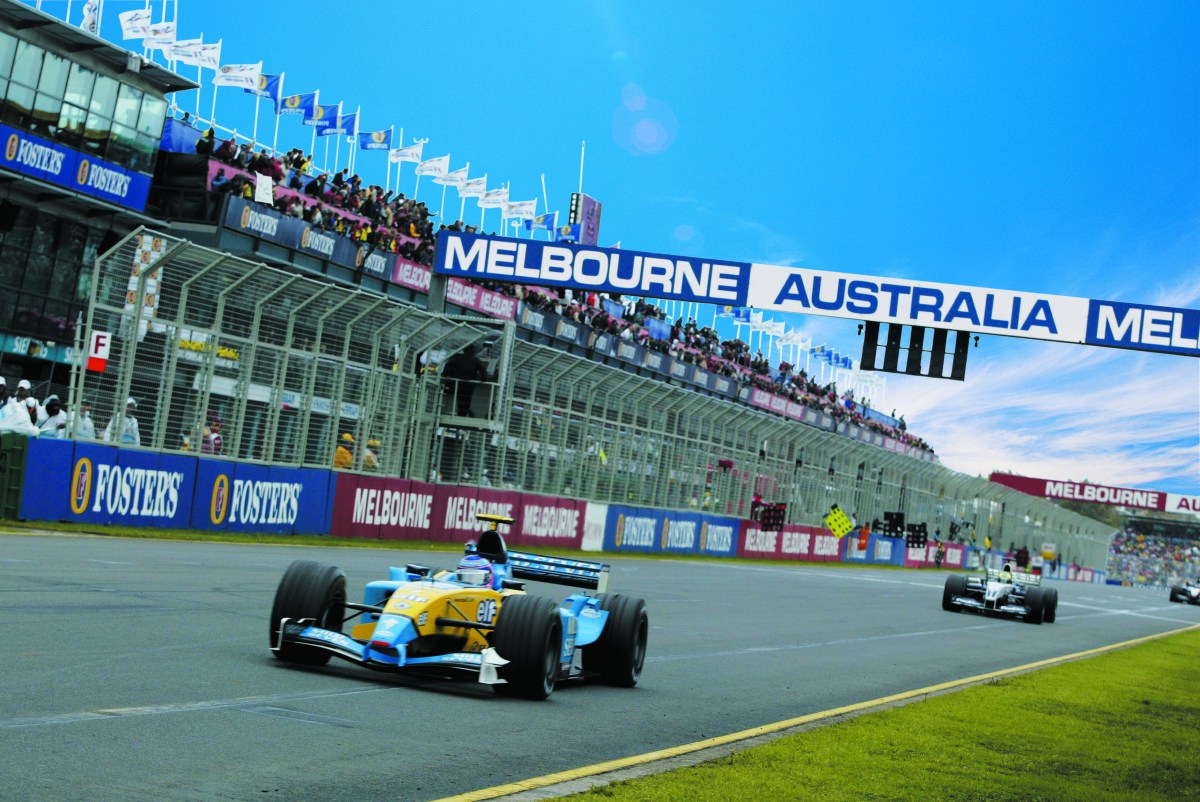
BY JAMES WILKINSON
The full house signs were up across Melbourne last weekend as the 2012 Formula 1 Qantas Australian Grand Prix proved to be a winner yet again for the accommodation industry.
Crown Melbourne’s Executive General Manager of Hotels and Retail, Peter Crinis, said the Grand Prix had a strong impact on hotel performance.
“The additional visitors from both overseas and interstate and intrastate, of whom many chose to stay at Melbourne hotels, gave an extra boost to hotels, tourism and the Victorian economy,” he said.
“Not only did the Grand Prix have a strong impact on hotel performances, but it also greatly benefited hotel suppliers such as linen companies, butchers, bakers, fruiters, florists as well as restaurants, airlines, taxis, retailers and more.”
Crinis, who is also the President of Tourism Accommodation Australia’s Victorian Branch (TAA), said race also had a flow-on effect to other sectors in the city.
“Not only did the Grand Prix have a strong impact on hotel performances, but it also greatly benefited hotel suppliers such as linen companies, butchers, bakers, fruiters, florists as well as restaurants, airlines, taxis, retailers and more,” he said.
“Apart from the major contribution to hotels’ direct business income and bottom line, the international attention major events like the Grand Prix receive also encourages investment in new hotels for Melbourne and provides the economic rationale for existing hotels to renovate, refurbish and enable Melbourne to keep up to world standard.”
Fellow industry body the Accommodation Association of Australia (AAA) also highlighted the importance of the race, with CEO Richard Munro saying it vital Melbourne keeps the race post-2015.
“It’s disappointing that the future of the race in Australia is the subject of constant debate,” Munro said.
“It’s well known the tourism industry has been suffering and major events like the Grand Prix are vital for operators and investors in accommodation businesses.
“Accommodation occupancy rates in Melbourne will run at around 96 per cent for the four days of the Grand Prix, and will record a 10 per cent growth on revenue per available room. This means the event is worth around $21.8 million to the accommodation sector over the four days, an increase from $19.6 million last year.”
“It’s also worth stressing that if Melbourne loses the race, then it will more than likely be lost to Australia.
“For the accommodation industry, the $50 million-plus investment in the race is worth every cent and we encourage both the Victorian State Government, as well as the Federal Government to continue to support it.
“The worldwide media exposure for both Melbourne and Australia cannot be underestimated in the potential to reach existing and new tourism markets.”
Prior to the race, Accor was expecting its 19 properties across the city to be running at 100% occupancy over the weekend.

